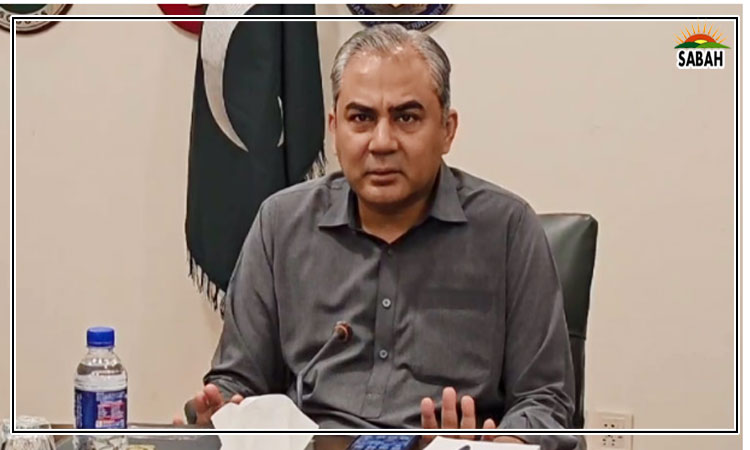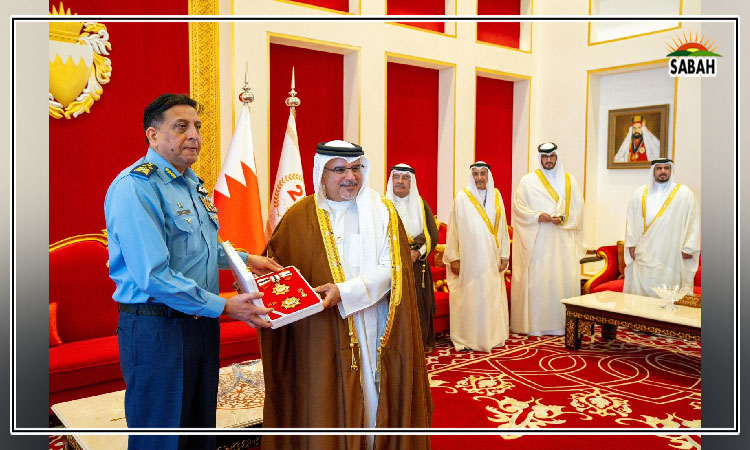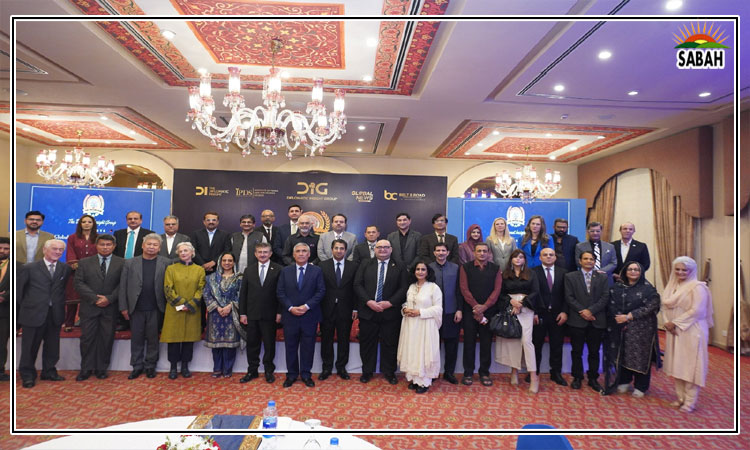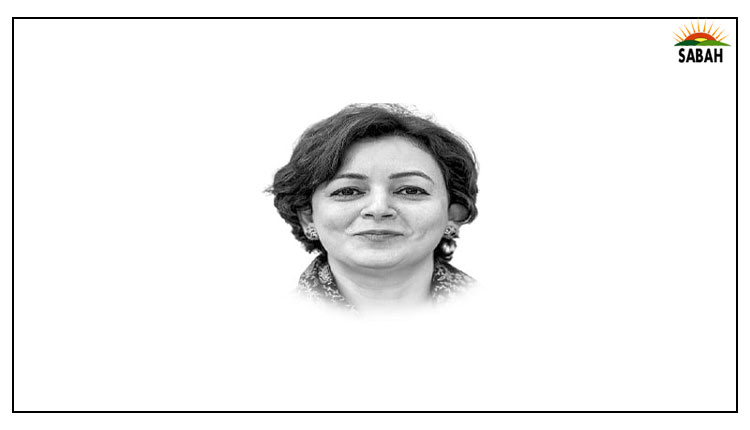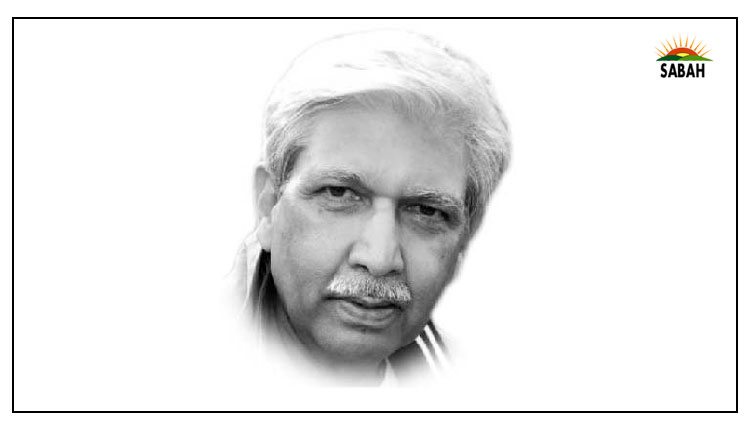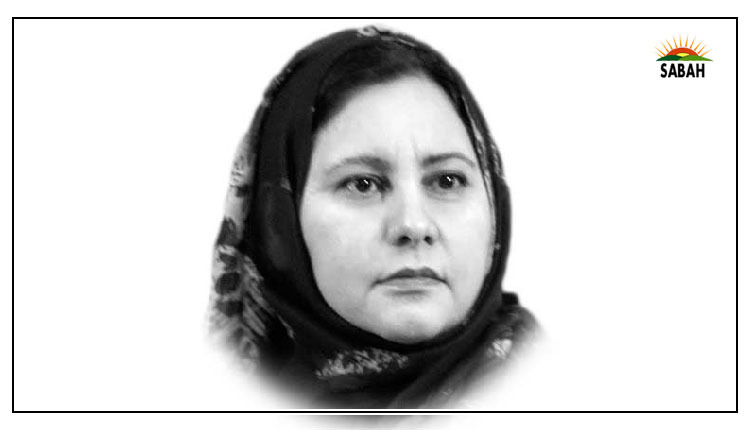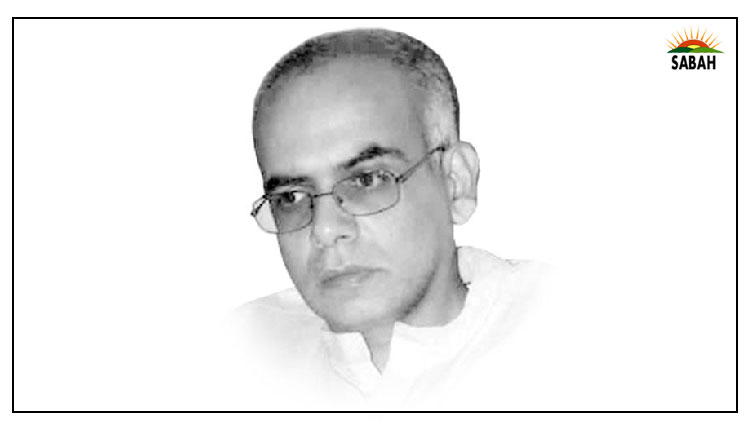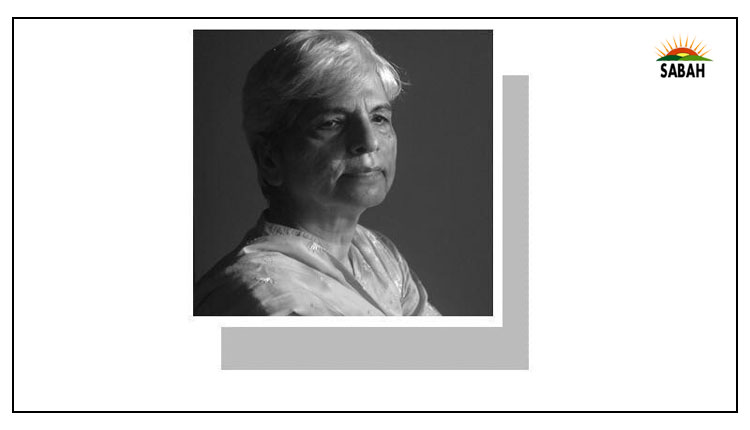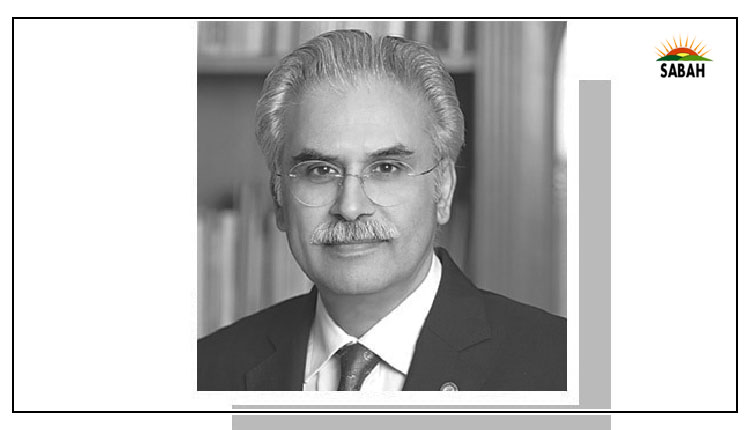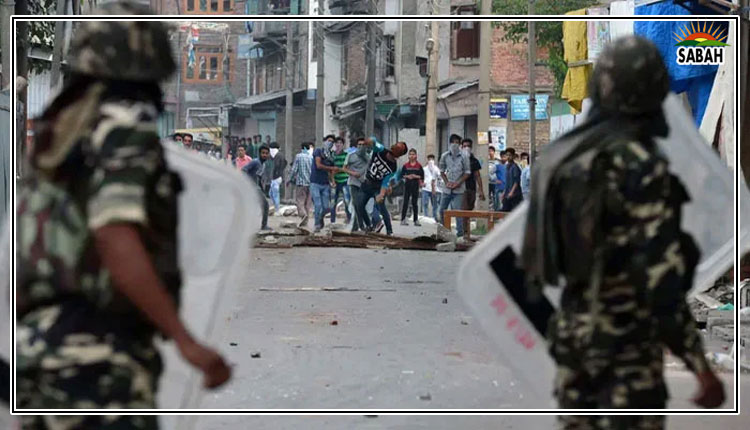Occupied Kashmir…Editorial Board
August 5 marks the day in 2019 when India scrapped Occupied Jammu and Kashmirs special status given via Article 370 of the Indian constitution, which gave people in the region exclusive rights to property. Opposition to the action was expected, and India suspended communication channels to contain the outrage and avoid drawing the ire of international actors. Prominent Indian journalists who were once considered an ally for the Kashmir cause roamed around the valley in curfew and presented an all is well image. While Pakistan took some knee-jerk reactions like banning all imports from India, it wisely decided to exhaust the diplomatic channel to come to a solution. But it seems that India, till today, is not ready to engage in dialogue.
Why this was done is quite simple. India does not care about the interest of Kashmiris, the vast majority of whom are Muslims, a community that has been under violent attacks by RSS goons in India. What India cares about is the prime location of the region. The year 2019 also allowed India to try and change Occupied Kashmirs demographics and turn it into a Hindu-majority place. The abrogation of Kashmirs special status allowed Indians, mostly influential Hindus, to buy land and have permanent residence in the region. This blatant land grabbing has been skilfully covered under various campaigns: from Ghar Wapsi journeys by families of Hindu pundits who were once forced out of the valley to the surprising change of hearts of Kashmiri students who once protested Indian occupation. The valley is also being advertised as a good vacation spot for both international and local tourists.
There are plenty of actors to blame for the fact that Kashmir has been under illegal occupation for more than 70 years. The fault primarily lies, of course, with the Indian occupiers themselves but the international community, including the United Nations, must share some responsibility too. Since 1948, the UN has passed multiple resolutions calling for the peaceful resolution of the conflict between India and Pakistan and for a plebiscite to be dealt to allow the Kashmiris to determine their own future. For India, the idea of Kashmiris having any say is anathema and so these resolutions have always been vetoed. So, if there is ever to be an end to the occupation, it will require the UN to finally step up and play its proper role. The international community has largely been quiet. This is not surprising at all. India has positioned itself as a strong ally for the West, which wants someone to help it bring down Chinas rising economic dominance. Canadas attempts at highlighting Indias militant tactics against dissent were also shot down by other powerful countries whose prime target is China at the moment. India strategy of becoming a proxy of the West may work for a while, but it will cause problems for the country in the near future. In its hatred towards Pakistan, India may be making decisions that could cause it a lot of damage. Under Modi, things have in any case become much worse. Modis India has a strategy it always follows whenever it is receiving too much international scrutiny for its human rights abuses in Occupied Kashmir. It blames the violence on the victims, accuses them of being terrorists and claims freedom fighters are nothing more than pawns of Pakistan. This is what it has been doing since 2019. But really how much longer can the international community avert its gaze from the ugly reality of what is happening in Kashmir?
Courtesy The News


